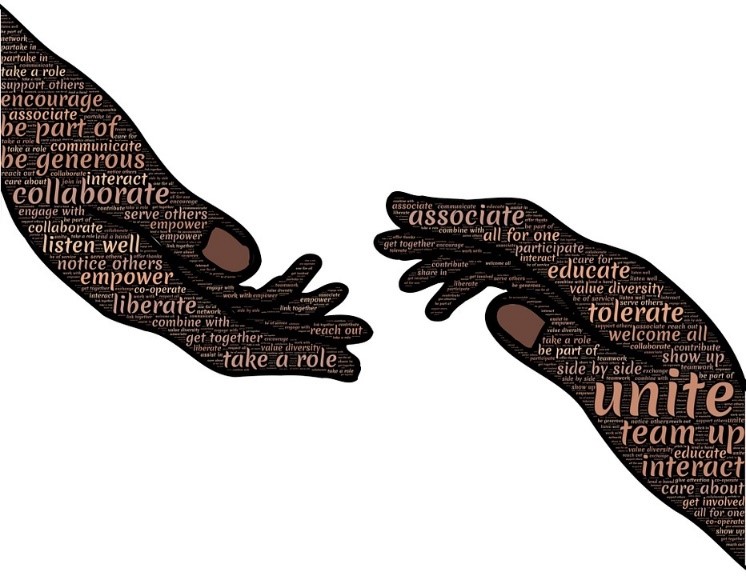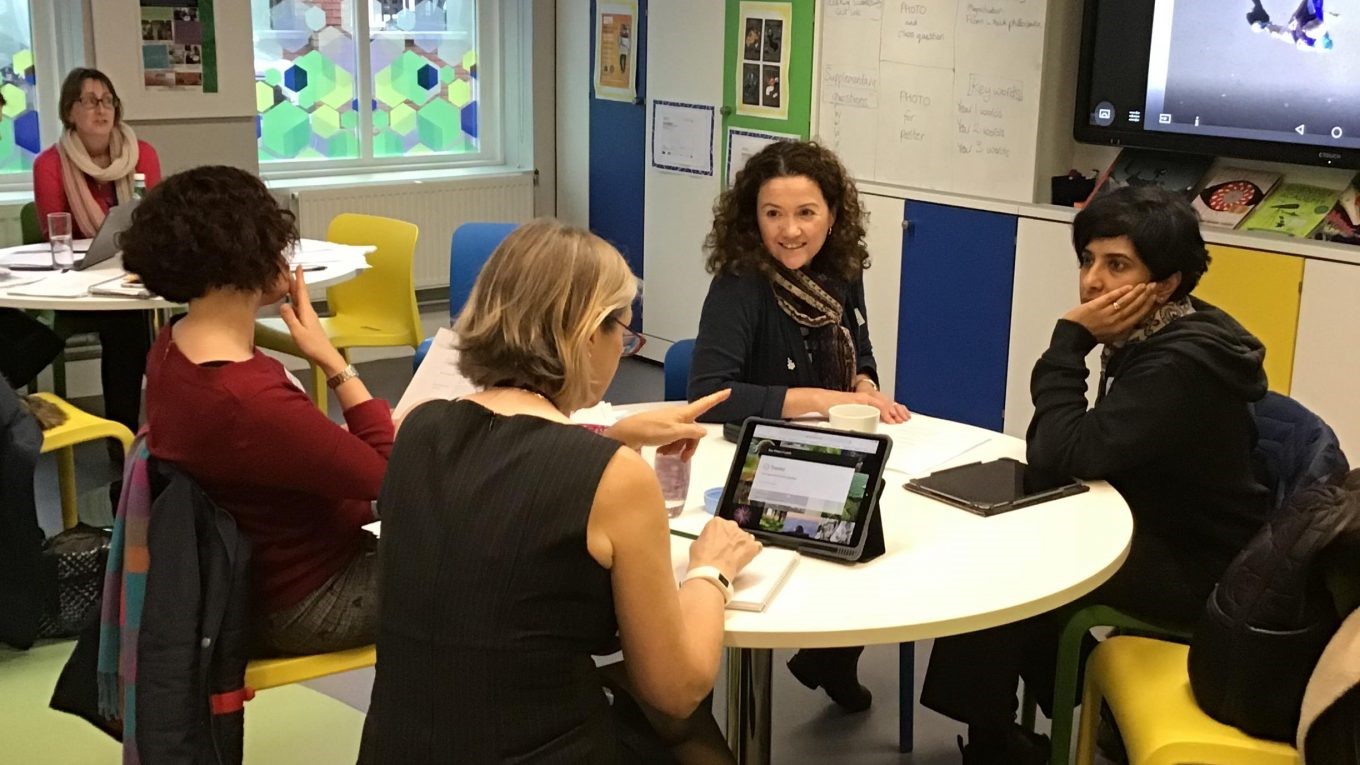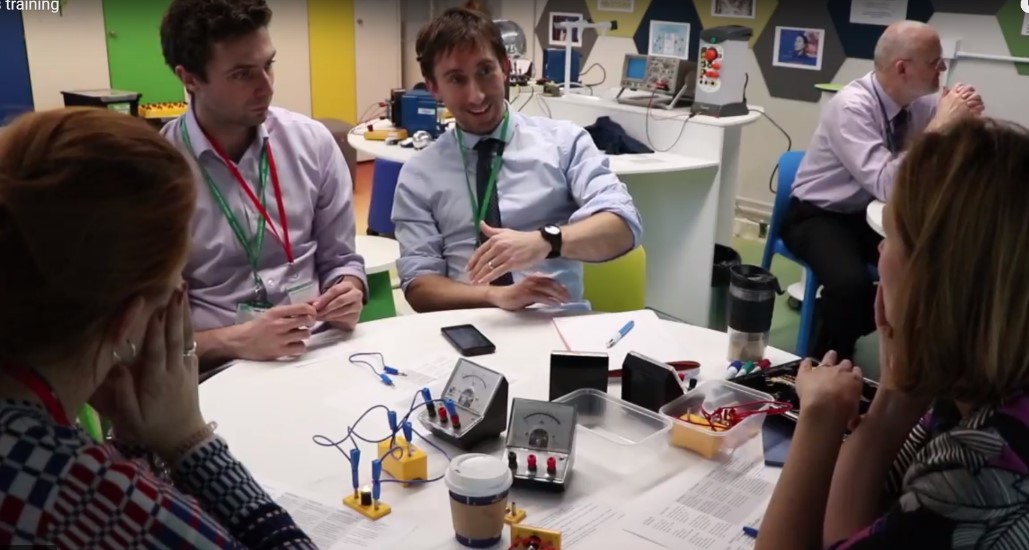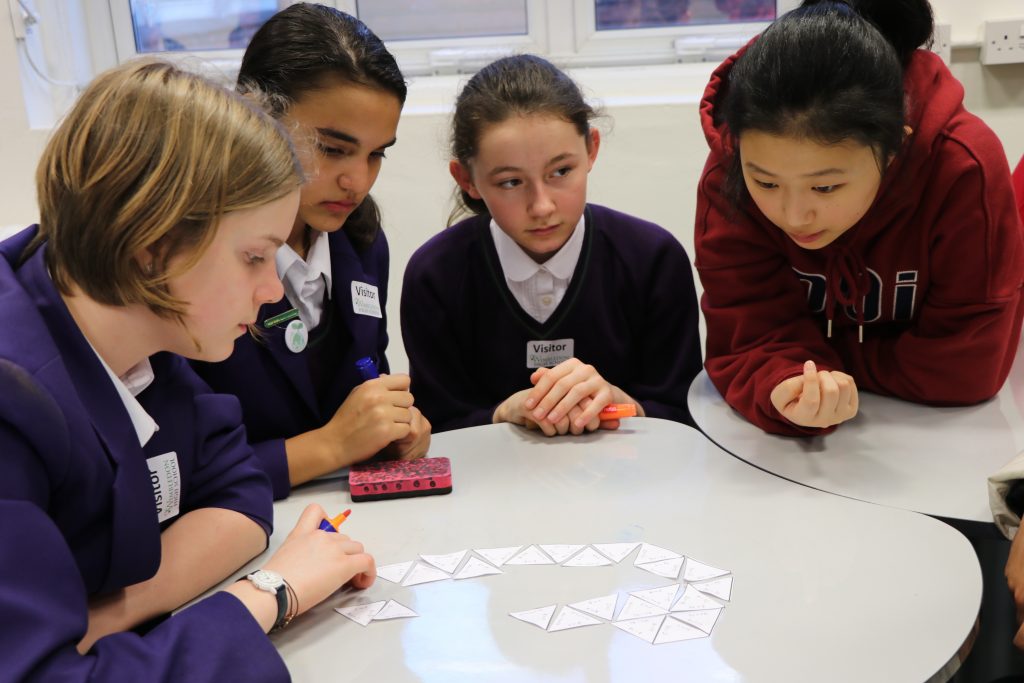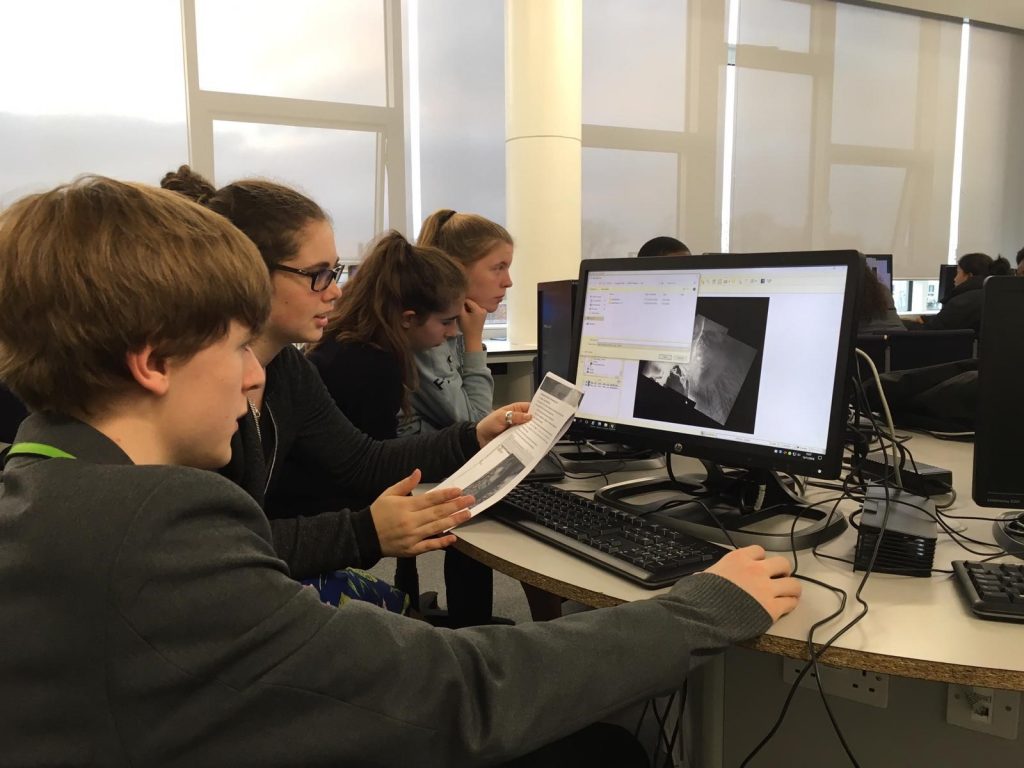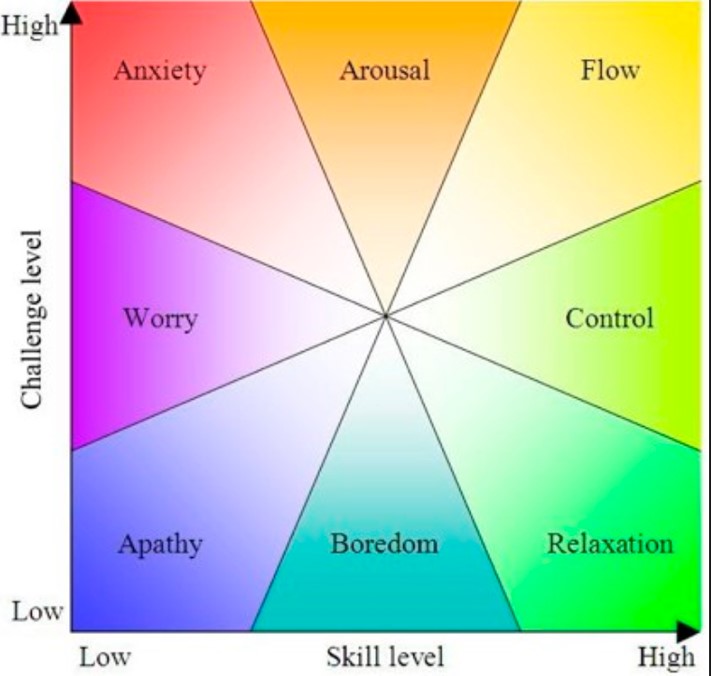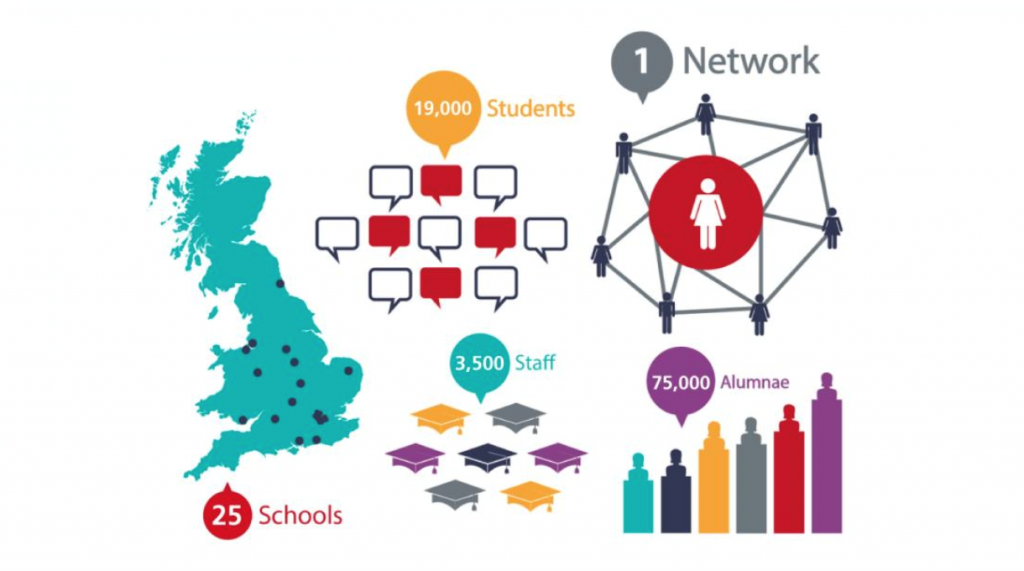Hannah Johnston (Teacher of Geography and Coordinator of Charities & Partnerships) asks whether the coronavirus pandemic has shone a light on philanthropy and highlighted its importance in a way not experienced in recent times.
“No man is an island entire of itself; every man
is a piece of the continent, a part of the main..”
(John Donne, 1624)
There is something so compelling at the beginning of John Donne’s famous poem, as a Geographer the idea of interconnectedness and our sense of place resonates strongly, and I cannot help but also link this to Wimbledon High School. Taking on the role of Charities and Partnerships coordinator, especially at the beginning of Lockdown 3.0, has enabled me to develop and expand upon this sense of belonging.
We are not just a site of education; we are a community. From the very youngest, to the oldest students, parents and staff, we draw together. This goes far beyond the bricks and mortar of the school site, as demonstrated so strongly with our Guided Home Learning Program and ‘Together Apart’. The wonderful aspect of our community, however, is that it does not stop there.
Local Community Partnerships
We have long established links with local charities, including Wimbledon Guild, Merton & Morden Guild, Christian Care and Faith in Action, who are our House charities. During pre-pandemic times, our Yr11-13 students were able to meet with members of both these charities, those living in care homes and their peers from other local schools on a Thursday afternoon as part of our successful partnerships programme.
The introduction of the first national lockdown on 23rd of March 2020 put a halt to this. Across the country many people began periods of isolation and separation from loved ones.
“One of the feelings millions of us are experiencing during the current coronavirus pandemic is loneliness” (Mental Health Foundation, 2021).
Our students rose to the challenge and, demonstrating those core characteristics of empathy and kindness, recognised the importance of remaining part of their wider Wimbledon community. They nurtured links they had already made, and in some cases, made new ones. Pupils began by writing letters to those in care homes whom they had visited and to those identified by our partnership charities as being lonely. The responses they received were wonderful and enabled all to gain a new perspective.
The partnerships programme adapted and moved online. Spanish conversations were able to take place via Flipgrid and teachers were able to share technological innovation across schools. Students ran academic masterclasses live for students in younger cohorts and created WimFlix videos for those who benefited from pre-recorded materials. The moving of clubs to after school slots allowed for those from partnership schools to join us.
It was not only students who were able to support the local community, the Science and Design & Technology departments were able to support Northwick Park hospital with the donation of goggles and the use of the 3D printer to help produce PPE. As Mr Keith Cawsey discussed in his recent WimTeach (link here), we realised that although we may come from different perspectives initially and live very different lives, we are all united by our desire to be part of, and keep safe, our communities.
“Two million children have gone hungry since the start of the coronavirus lockdown, including one in five in London” (Alim, 2020)
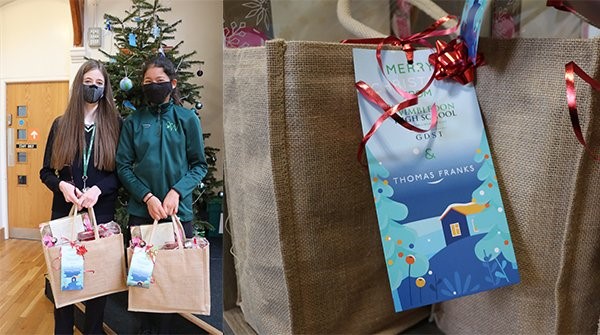
Coronavirus has brought huge challenges for our wider community. Wimbledon High School, in conjunction with the GDST and The Thomas Franks Foundation, signed up to support ‘Feeding Communities’. Across the months of lockdown, staff volunteers have helped to prepare thousands of meals in our kitchens, distributed to support the most vulnerable children and adults in our community.
In the run up to the festive period, WHS staff raised £1000 to buy food for local state primaries and, for our Christmas Tree assembly, students and staff brought donations of food, non-perishables and toys for five local charities. Furthermore, as a community, cash donations enabled us to purchase laptops and other devices for our partner primary schools.
As we approach Easter, we are once again rallying as a school to support our House charities. While donations peak at Christmas and will pick up again in May, at present, charities are facing dwindling donations. With so many in need of their support, this is leading to a desperate situation.
To help maintain social distancing and Covid-19 guidelines, this Easter we are asking students and their families to donate to their house charities. Each charity has provided us with a list of items that are needed by those they support in our local communities and the donations will be used to buy these for our chosen causes. To find out more about each charity, and to donate, please follow this link.
Year Group Charities
“When we focus energy on helping those who are most vulnerable in times of crisis, the positive effects spread and strengthen our collective well-being” (Lee, 2020)
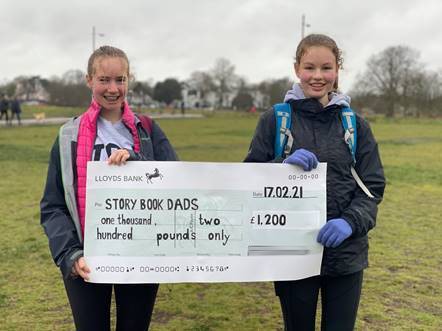
It has been inspiring to see how each of our students have responded to the Covid pandemic and the understanding they have on its impacts for both the local, national and international community. This was abundantly clear as they discussed in their year groups, which charities to support this year.
As Ava, our Year 8 charities rep summarised; “The impact of charity is particularly evident during the pandemic as funding for many charities has been reduced significantly. Many people have been furloughed and jobs have been lost, so charities have lost a lot of their funding which is why it is important for us to donate and fundraise as much as we can.”
These were sentiments echoed by her peers, as Jemima (Year 10 rep) stated; “Charity has never been so important as during the Covid-19 pandemic. Year 10 is raising money for World Vision, which is supporting children who are living in extreme poverty all over the world. It is communities like the ones World Vision helps that are hit the hardest by the pandemic, and so this year, giving to charity can go such a long way in helping those less fortunate than ourselves”. Over the past few weeks, as the fundraising has continued at pace, I have received several emails from World Vision expressing their delight at the work our girls are doing and reiterating how difficult they have found fundraising this year.
Throughout the pandemic, our students have had to adapt and discover new ways to fundraise and continue supporting the charities that mean so much to them. Their creativity has truly been boundless, with GHL mufti days, baking competitions, walking marathons, charity auctions and film screenings to name just a few. The challenges faced this year have helped us to discover strengths and resources we may not have been expected to call upon before.
To go back to John Donne, indeed ‘everyman is a piece of the continent, a part of the main’, so we are intrinsically linked to our local, national and international communities. Georgia (Year 11) so poignantly said: “Charities help to bind us as a society. By supporting the more vulnerable members of our communities, we grow closer”.
Covid has challenged us in ways we could never have expected. It has also brought out our resilience, pulled together communities and taught us to look outwards. As we move towards more ‘normal’ times, that desire to maintain and develop our philanthropic links remains.

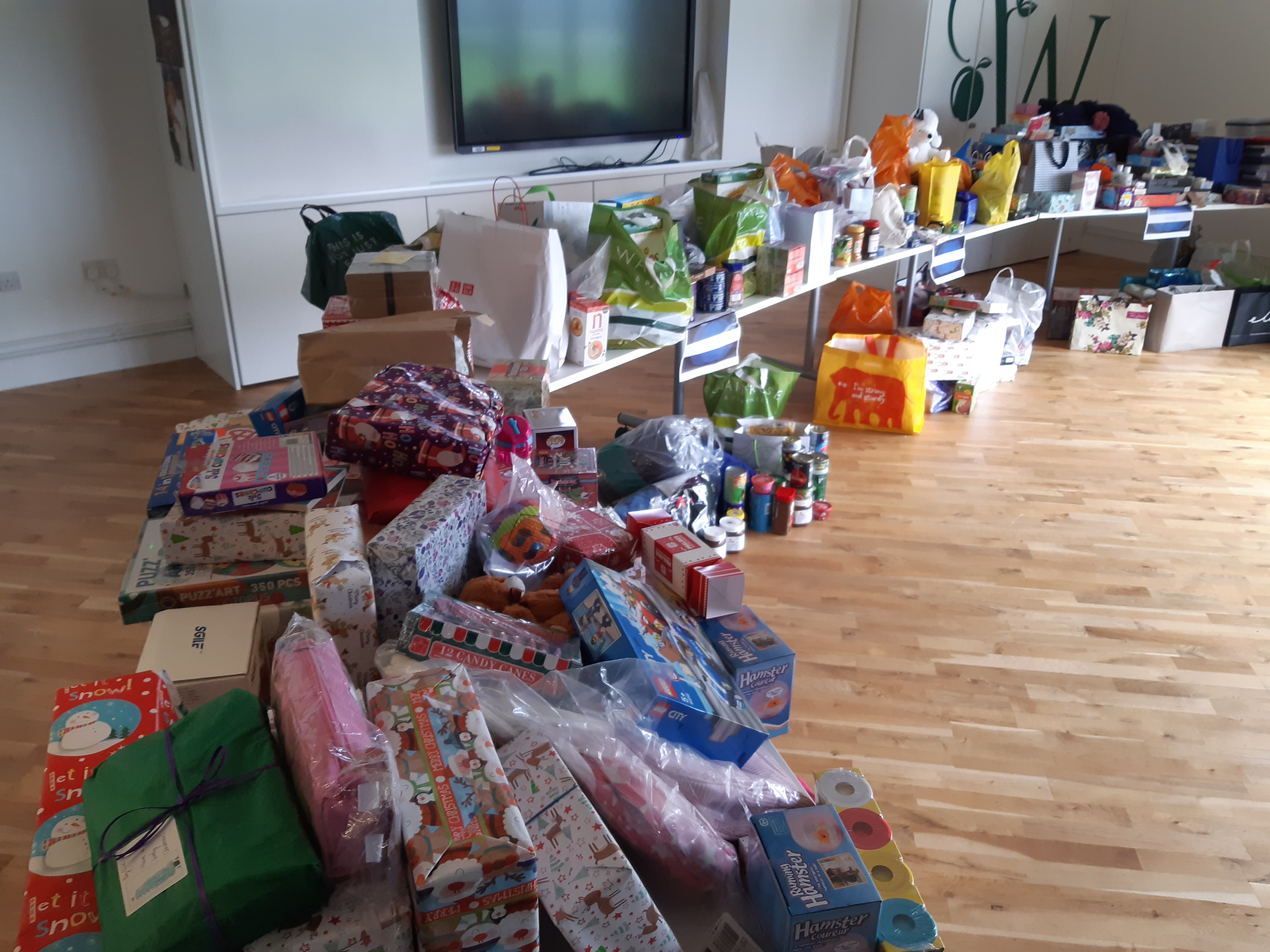
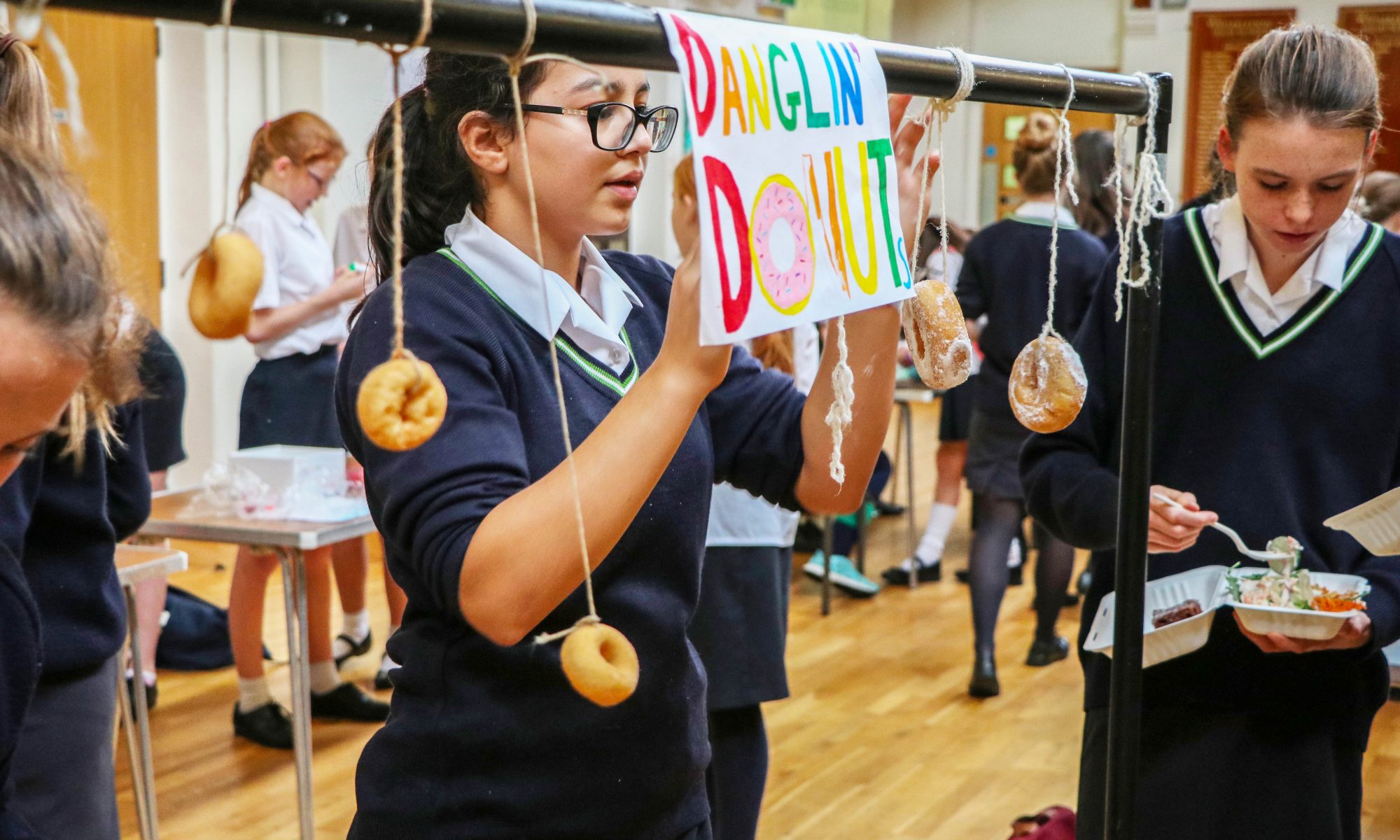
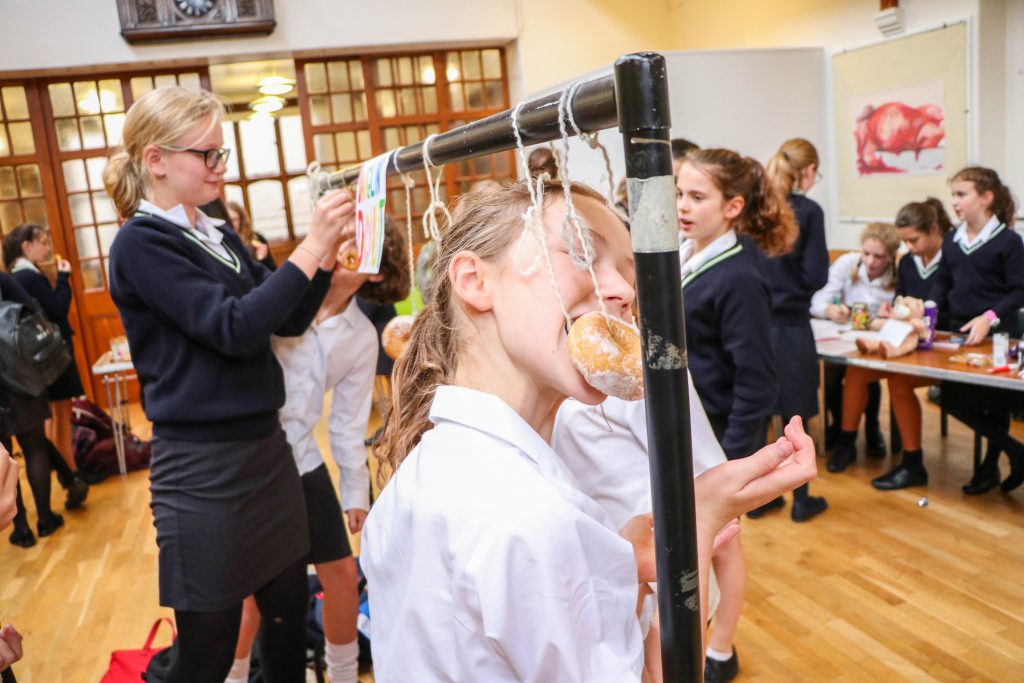
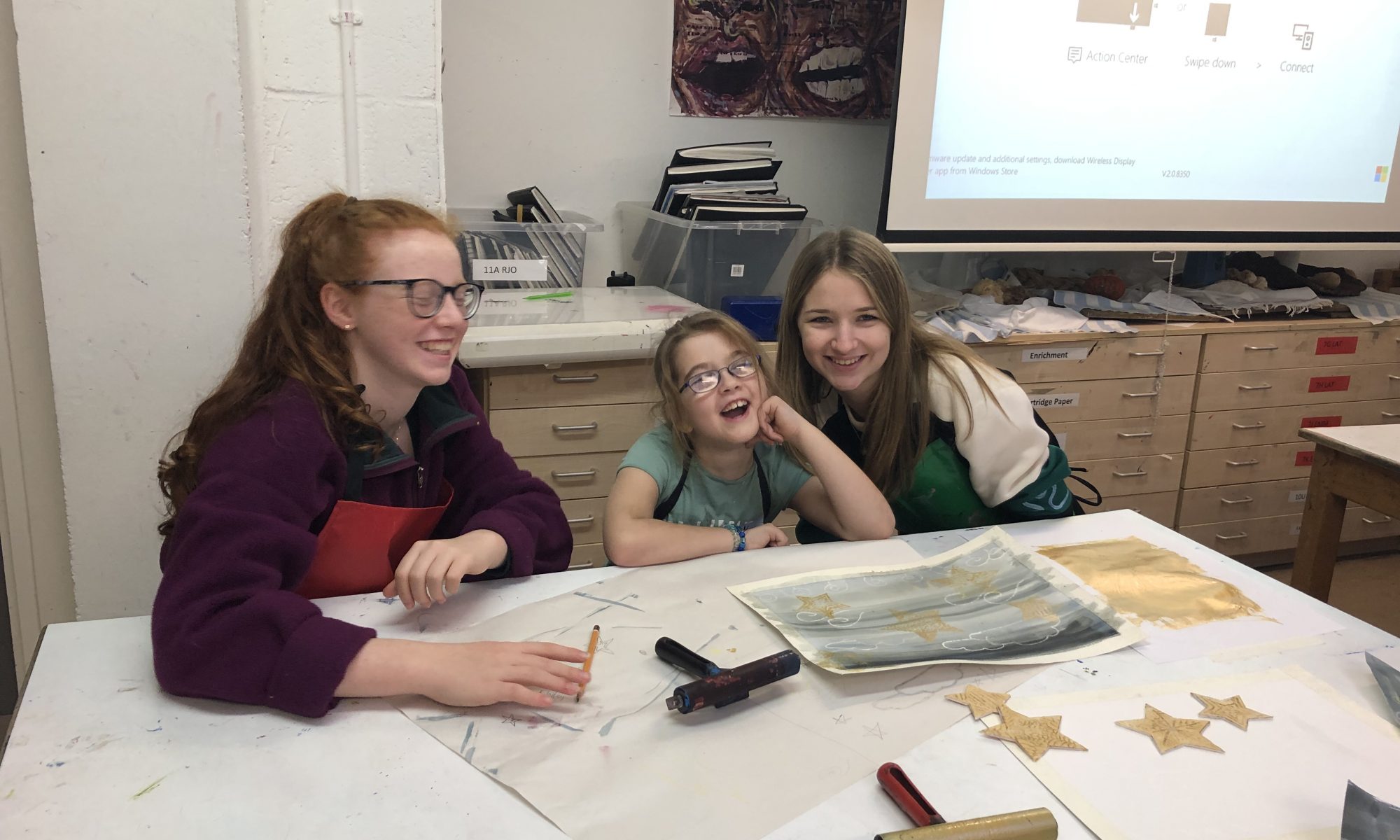
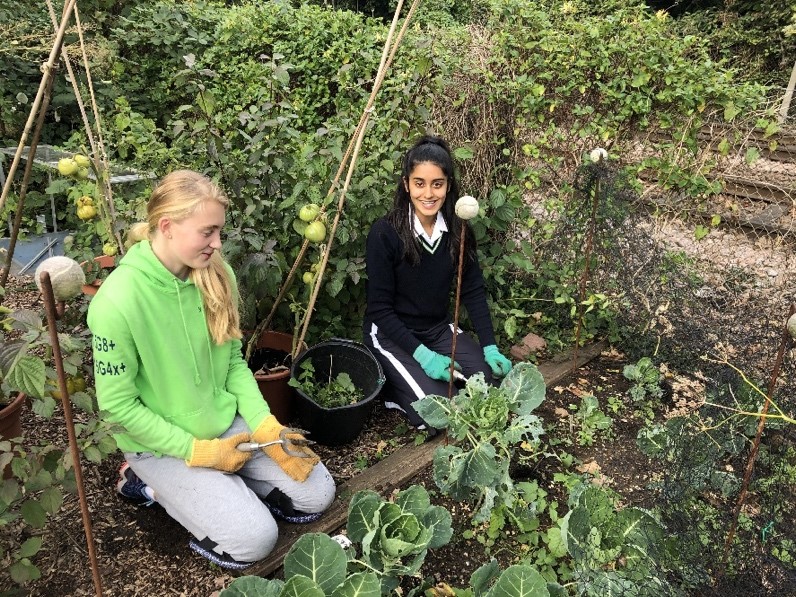
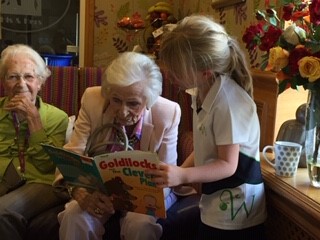
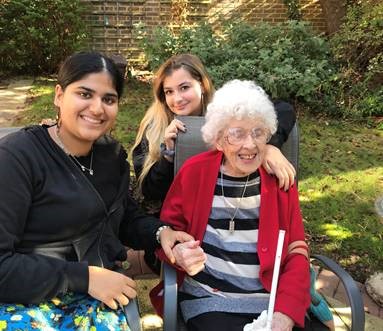
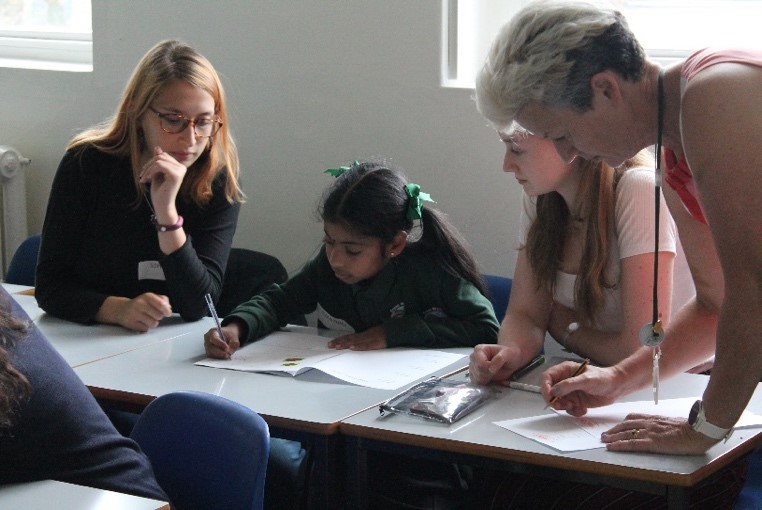
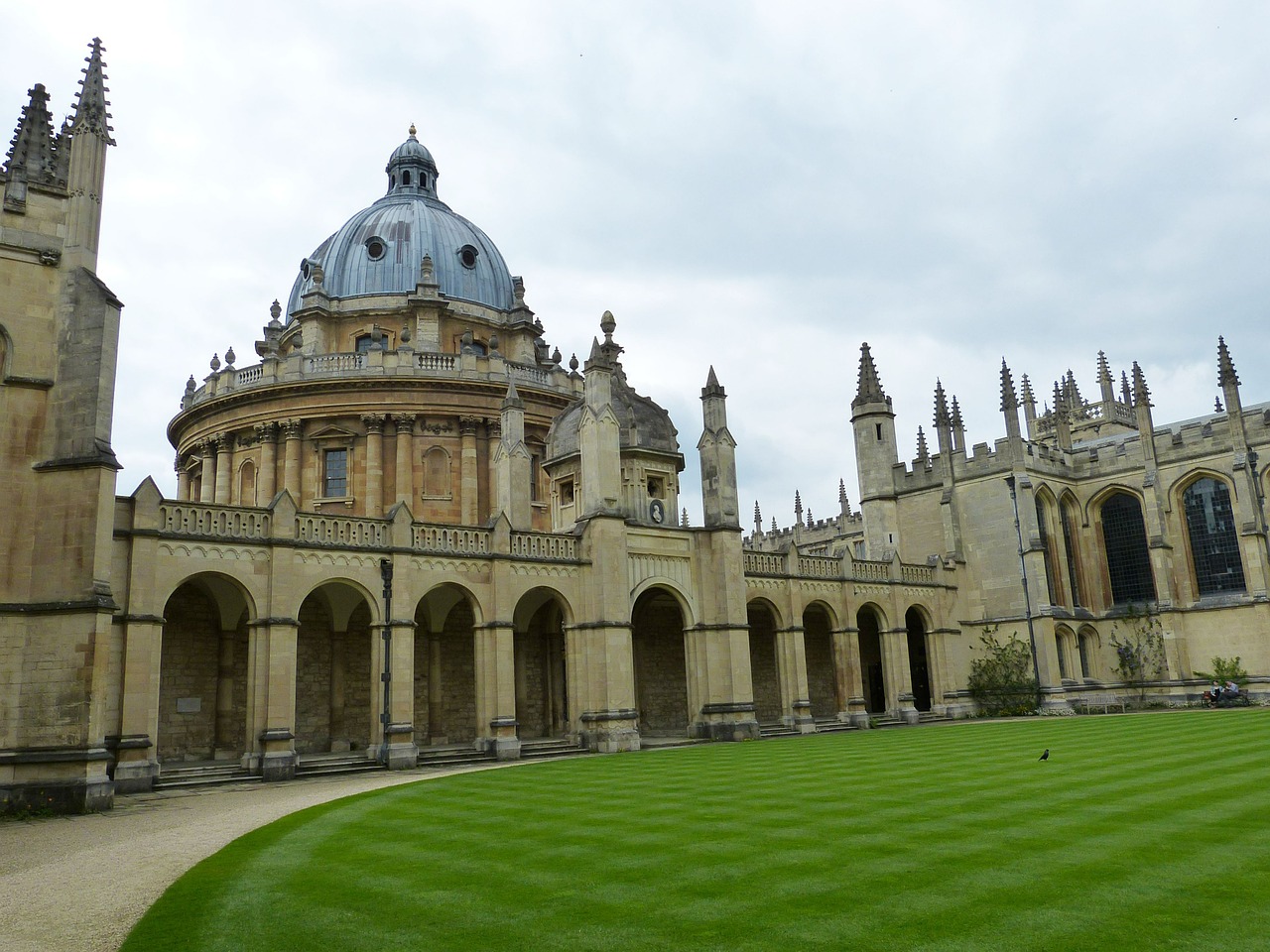
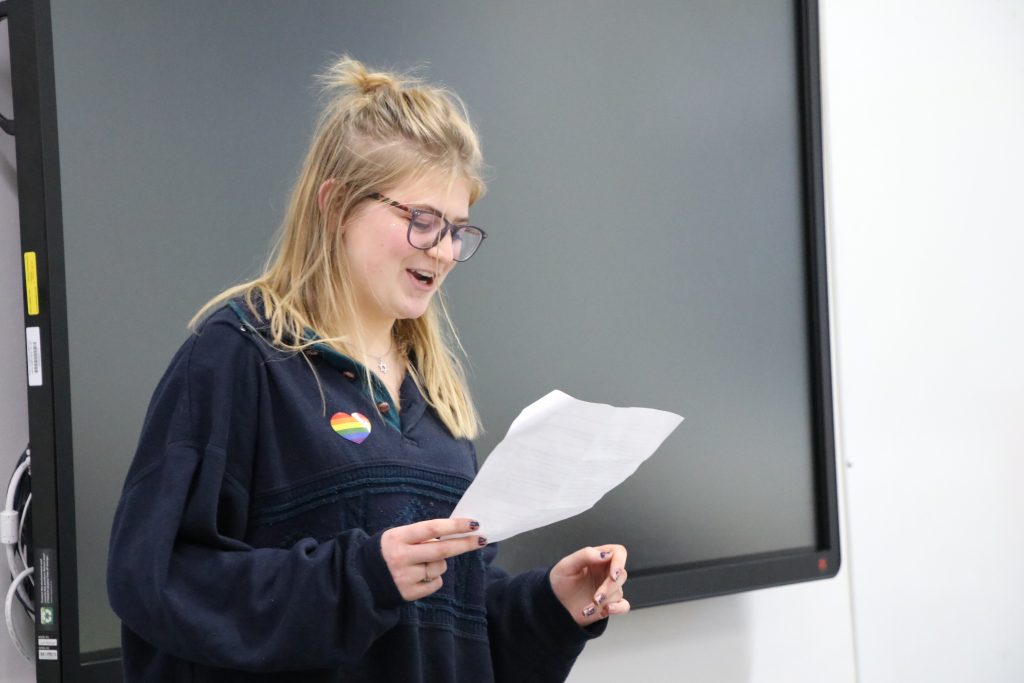
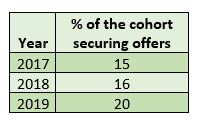 These are just some of the ways in which our programme supports and empowers our girls. In an increasingly competitive environment, we have managed to increase the percentage of the cohort securing offers year on year. This bucks the national trend for independent schools and we think our support programme has helped our Oxbridge success grow. We continue to work with our partner schools to develop our programmes to encourage candidates to pursue an application and to support them wholeheartedly throughout the process.
These are just some of the ways in which our programme supports and empowers our girls. In an increasingly competitive environment, we have managed to increase the percentage of the cohort securing offers year on year. This bucks the national trend for independent schools and we think our support programme has helped our Oxbridge success grow. We continue to work with our partner schools to develop our programmes to encourage candidates to pursue an application and to support them wholeheartedly throughout the process.